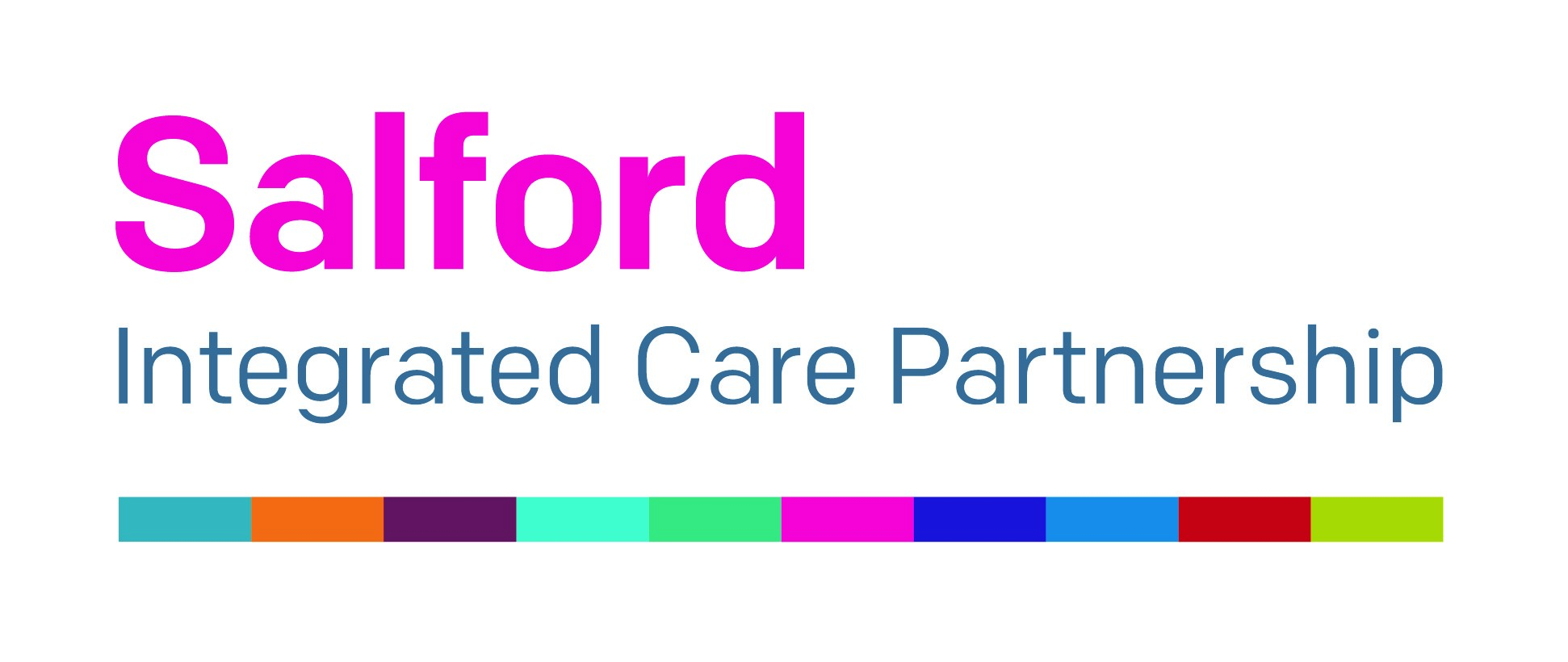How to train to become a Speech and Language Therapist
If you’re considering training to be a Speech and Language Therapist you should have an interest in communication and communication disorders. You will need to demonstrate that you are a good team worker and that you have good verbal and written communication skills.
All Speech and Language Therapists must complete a recognised 3 or 4 year undergraduate degree or a 2 year masters degreee. You will then have to register with the Health Professions Council before you are able to practice.
For further information please visit the Royal College of Speech and Language Therapists website- https://www.rcslt.org/
Manchester Metropolitan University (MMU)
Undergraduate BSc programme= 3 years
Post- graduate MSc (pre- reg)= 2 years
https://www.mmu.ac.uk/study/undergraduate/course/bsc-speech-and-language-therapy
MMU offer a half day open day for students who have been offered a place on the course. This includes a teaching session and an opportunity to look at the Universitry's resource centre. This year the open day ran online due to Covid restrictions.
University of Manchester (UoM)
Undergraduate BSc programme= 3 years
Integrated Masters course= 4 years
https://www.manchester.ac.uk/study/undergraduate/courses/2021/11331/bsc-speech-and-language-therapy/
Half day information sessions are ran by Denise Thomas from Alder Hey. If you are interested in attending one of these sessions please contact Denise via email denise.thomas@alderhey.nhs.uk or telephone: 07766 558 833 (Mon-Thurs).
Entry requirements:
Different universities ask for specific qualifications, which include A-levels. However, other qualifications, for example AVCE or BTEC and Access courses (e.g. Access to Health), may also be considered. For more specific information contact the university admissions officer.
It is not possible for all speech and language therapy service providers to offer work experience for applicants, therefore this is NOT a requirement. However, you should demonstrate insight into the relevance of your own particular skills and life experiences. Practical experience with individuals with communication or swallowing difficulties is useful, e.g. working in a school, hospital or nursing home.


